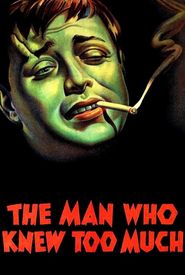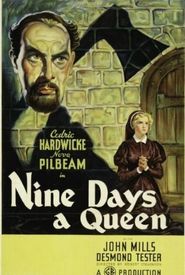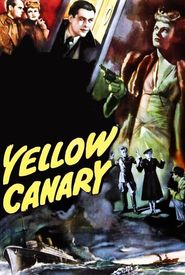Nova Pilbeam's early years in the spotlight began with her stage experience as a child, setting the stage for a lifelong passion for performance. Her teenage years brought a significant opportunity to collaborate with the renowned director Alfred Hitchcock in The Man Who Knew Too Much (1934),where she played a crucial yet relatively small role. This early exposure to the film industry undoubtedly laid the groundwork for her future success. Hitchcock, impressed by her talent, later entrusted her with the starring role in Young and Innocent (1937),further solidifying her status as a rising star. In between these two notable projects, Pilbeam shone in the largely forgotten yet captivating film Nine Days a Queen (1936),also known as "Tudor Rose", showcasing her impressive range as an actress.
Following the filming of the biographical drama Pastor Hall (1940),Pilbeam's personal life took a dramatic turn when she married Pen Tennyson, a talented film director. Tragedy struck when Tennyson met an untimely demise in a plane crash during World War II, leaving Pilbeam heartbroken. In the aftermath, she returned to acting, predominantly taking on roles in World War II and crime films. Her final theatrical appearance was in the 1948 movie Counterblast (released as "The Devil's Plot" in the United States),marking the end of an era in her film career. Pilbeam's legacy concluded with her appearance in the television movie The Shining Hour (1951),a testament to her enduring talent and dedication to her craft.


































